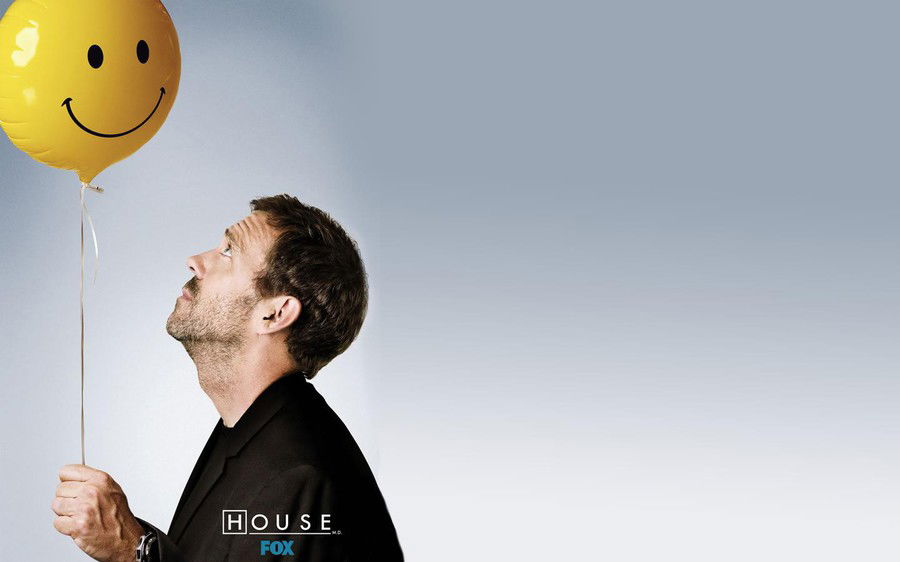Introduction
We all know at least one series that goes beyond its reasonable quota of episodes. This can happen for several reasons: they may be trying to make as much money as possible from the audience, those responsible for it may not let the scriptwriters give it a worthy end, or even the author of the series may be extremely attached to his story.
However, sometimes going beyond the "reasonable quota" of episodes can have the positive side of giving viewers something to follow for a long time, without having to look for new ways to be entertained. So who knows, maybe you’ll find your new favorite series among these?
However, today we are not here to judge why a series has many episodes, but rather to list those that could have already ended!
Losing count
Before I start the list, I wanted to say that having too many episodes isn't necessarily a bad thing; a story may actually need all these chapters to be coherent.
Therefore, quantity in this sense is not synonymous with poor quality! Okay, now that I'm safe and sound from One Piece fans, let's get to our list!
Dexter

Dexter is a series that began with a fascinating premise, ensuring the interest of many viewers: a forensic analyst who is secretly a serial killer, but who only kills other killers, using his privileged information to find his victims.
The first few seasons were acclaimed, but as the series progressed, the quality declined. However, the show has still managed to maintain a dedicated fan base thanks to its intriguing plot and complex characters. Dexter's journey is memorable and intriguing, which makes it perhaps worth following until the end.
House

House, starring Hugh Laurie as the brilliant but extremely grumpy Dr. Gregory House, had an excellent run in its first few seasons. The combination of intriguing medical mysteries and in-depth character development ensured a loyal audience.
Even with eight seasons, the series managed to explore several rare diseases and fascinating medical cases, providing quality entertainment. House's sarcastic interactions and deductive skills kept viewers captivated, making each episode unmissable, despite perhaps being a little repetitive.
Grey’s Anatomy

Grey's Anatomy is a classic example of a series that seems to have no end, in fact, I'm not even sure if it actually had an end. I would guess not, this series will probably continue to be produced even after the extinction of humanity.
With more than 20 seasons, the medical series created by Shonda Rhimes has explored practically every possible plot within the Gray Sloan Memorial hospital. The never-ending drama and constant changes to the main cast have led many fans to question why the series hasn't ended yet.
However, Grey's Anatomy has managed to maintain a loyal fan base thanks to its exciting plots and charismatic characters. The series is known for addressing important social issues and for its emotional moments, which continue to touch the hearts of viewers.
One Piece

One Piece, created by Eiichiro Oda, is one of the longest anime of all time, with over 1000 episodes and counting. Although the series is loved by many and has a rich, expansive narrative, there is a consensus among some fans that the story could have been more concise. However, Luffy and his crew's long journey has provided fans with a wealth of adventure and character development.
Oda is known for his detailed planning and his ability to weave complex plots, which makes each arc of One Piece a unique and exciting experience. That said, even those responsible for the show agree that the series could be shorter, given that they are already producing a remake.
Naruto and Naruto Shippuden

Naruto and its sequel, Naruto Shippuden, are anime that have had a huge impact on pop culture. The story of young ninja Naruto Uzumaki and his quest for recognition is captivating and full of exciting moments. Although the series is notorious for its numerous filler episodes, the main narrative is rich in character development and epic battles, plus there is Naruto Kai, which skips the fillers.
Naruto fans were treated to a saga full of emotions, twists and life lessons, making Naruto's journey an unforgettable experience.
Supernatural

Supernatural, starring the Winchester brothers, is another series that went on much longer than expected. Initially planned for five seasons, the series ended up lasting fifteen. However, this longevity allowed fans to follow a profound evolution of the characters and explore various myths and legends. The chemistry between the lead actors and the mix of horror, drama and humor has ensured that Supernatural has remained a fan favorite over the years.
Dragon Ball

Dragon Ball, Dragon Ball Z, Dragon Ball GT, Dragon Ball Super... The saga of Goku and his friends is practically endless. Honestly, I didn't bother finishing Super after the tournaments between universes, but I watched the Broly movie and I wouldn't be surprised if there was another sequel to their story.
While Dragon Ball and Dragon Ball Z are widely revered, subsequent series, especially GT, are often criticized for stretching the story too far. However, there is a reason why the Dragon Ball franchise has managed to maintain its popularity over the decades: its epic battles, iconic characters and unforgettable moments. Dragon Ball Super brought new life to the franchise, introducing new transformations and villains, keeping fans excited and engaged.
The Simpsons

The Simpsons is one of the most iconic animated series of all time, but with over 30 seasons, many believe the series had its peak long ago. However, its longevity is testament to its lasting cultural impact. The series has managed to reinvent itself over the years, addressing current themes and maintaining its characteristic humor.
The early years of The Simpsons are considered classics, but the most recent seasons still manage to bring laughs and win over new fans.
Bleach

Bleach is another anime that suffered from the problem of filler episodes. The story of Ichigo Kurosaki, a young man who gains the powers of a Shinigami, started promisingly, but was quickly swamped with filler arcs that diverted from the main plot.
The original series ended abruptly, leaving many fans dissatisfied, but it is still remembered as one that could have been shorter and more impactful. Even so, the series recently received a sequel and this has the ability to change fans' opinions about the anime.
ER

ER is a medical series that set a standard for the genre, but with 15 seasons, many believe the series has gone on longer than necessary. However, ER managed to capture life inside a hospital in a way that few series have. The first seasons, with iconic characters and exciting plots, are widely praised.
The series tackled important medical and social issues, keeping viewers engaged and emotionally involved.
Conclusion
These series and anime show that while longevity can indicate success, it can also lead to fatigue for both creators and fans. A well-told story doesn't always have to be endless; sometimes knowing when to end is what makes it truly legendary and unforgettable.
But what about you, what do you think of our choices? Which other series should we include on this list and which one really needs all these episodes? Tell us in the comments!













— Kommentare 0
, Reaktionen 1
Sei der erste der kommentiert